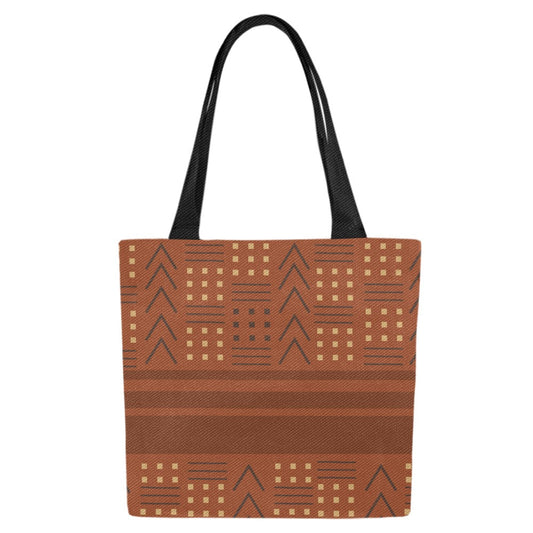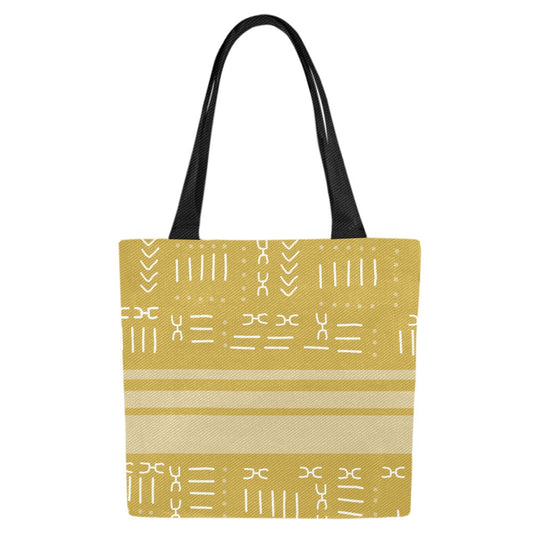Introduction:
In the annals of African history, one name stands out as a symbol of hope, courage, and unyielding determination: Thomas Sankara, the charismatic leader of Burkina Faso. Sankara's life and legacy were marked by his unwavering commitment to empowering his people, challenging corruption, and building a self-reliant nation. In this blog post, we delve into the extraordinary life of Thomas Sankara, exploring his remarkable achievements, the circumstances surrounding his untimely demise, and the enduring impact of his ideals.
Early Life and Rise to Power
Thomas Isidore Noël Sankara was born on December 21, 1949, in Yako, Burkina Faso (then Upper Volta). His journey into politics began as a young military officer, where he quickly rose through the ranks due to his exceptional leadership skills and progressive ideas. In 1983, Sankara seized power in a popularly supported coup, becoming the President of Burkina Faso.
During this period, the relationship between France and its former African colonies was long and complex, marked by a history of exploitation, manipulation, and interference. Burkina Faso, under the charismatic leadership of Thomas Sankara, became a stark example of this imperialistic influence. There was significant opposition faced by Sankara from imperialist France, due to France's vested interests, the struggle for independence, and Burkina Faso's bold decision to reclaim its identity and natural resources through a name change.
Imperialist France and Its Interference
As Burkina Faso sought to break free from the shackles of colonialism, France, the former colonial power, viewed Thomas Sankara's revolutionary ideals as a threat to its economic and political interests in the region. Sankara's anti-imperialist policies, his push for self-reliance, and his refusal to bow to foreign pressures challenged the status quo that France had long benefited from. Consequently, France became a key player in the opposition against Sankara's government, supporting elements within Burkina Faso that were discontent with Thomas Sankara's reforms.
France's Economic Interests
Burkina Faso, like many African nations, possesses rich natural resources. France, driven by its economic interests, sought to maintain control over these resources. Sankara's vision of economic self-sufficiency and equitable distribution of resources directly clashed with France's exploitative economic practices, prompting resistance from the former colonial power.
The Renaming of Burkina Faso
One of the most symbolic gestures of Burkina Faso's resistance against imperialism was the decision to change its name from Upper Volta to Burkina Faso in 1984. "Burkina Faso" translates to "Land of Honest Men" in the local Moore and Dioula languages. This renaming was not merely a linguistic shift but a powerful assertion of national identity and a rejection of the colonial legacy. It was a statement that Burkina Faso would no longer be defined by its colonial past but by the aspirations and dreams of its people.
The Legacy of Sankara's Resistance
Despite the challenges posed by imperialist forces, Sankara's spirit of resistance inspired a generation of Africans to question the status quo and challenge foreign interference. His legacy remains a testament to the resilience of Burkina Faso and serves as a reminder of the ongoing struggle against imperialism across the African continent.

Sankara's Vision for Burkina Faso
Thomas Sankara's vision for Burkina Faso was radical and transformative. He initiated ambitious programs to combat poverty, promote gender equality, and eradicate illiteracy. Under his leadership, the country underwent significant social and economic reforms, focusing on self-sufficiency and reducing dependency on foreign aid. His policies earned him both admiration and criticism, but he remained steadfast in his commitment to the Burkinabé people.
The Tragic End
Sankara's revolutionary zeal and anti-imperialist stance made him enemies, both within and outside Burkina Faso. On October 15, 1987, Thomas Sankara was assassinated in a coup d'état orchestrated by his close associate and friend, Blaise Compaoré. His untimely death shook the nation and the world, robbing Africa of one of its most promising leaders.
Famous Quotes by Thomas Sankara:
-
"While revolutionaries as individuals can be murdered, you cannot kill ideas."
-
"He who does not feed you cannot lead you."
-
"Imperialism is a system of exploitation that occurs not only in the brutal form of those who come with guns to conquer territory. Imperialism often occurs in more subtle forms, a loan, food aid, blackmail."
-
"We must dare to invent the future."
-
"Debt is a cleverly managed reconquest of Africa. It is a reconquest that turns each one of us into a financial slave."
Legacy and Inspiration: Thomas Sankara's legacy lives on, inspiring generations of activists and leaders across the globe. His ideals of self-reliance, social justice, and anti-imperialism continue to shape the discourse on African development and political freedom. As we remember his life, let us draw strength from his unwavering dedication and continue the fight for a more just and equitable world, echoing his belief that the people's power can overcome even the most formidable challenges.
Conclusion:
The story of Burkina Faso's resistance against imperialist France and the bold decision to rename the country encapsulates the enduring struggle for independence and self-determination. Through the lens of history, we must recognize and challenge the lingering effects of imperialism, working towards a future where nations are free to shape their destinies without external interference. Burkina Faso's journey stands as a beacon of hope and a reminder that the fight for true independence is both a right and a responsibility.





